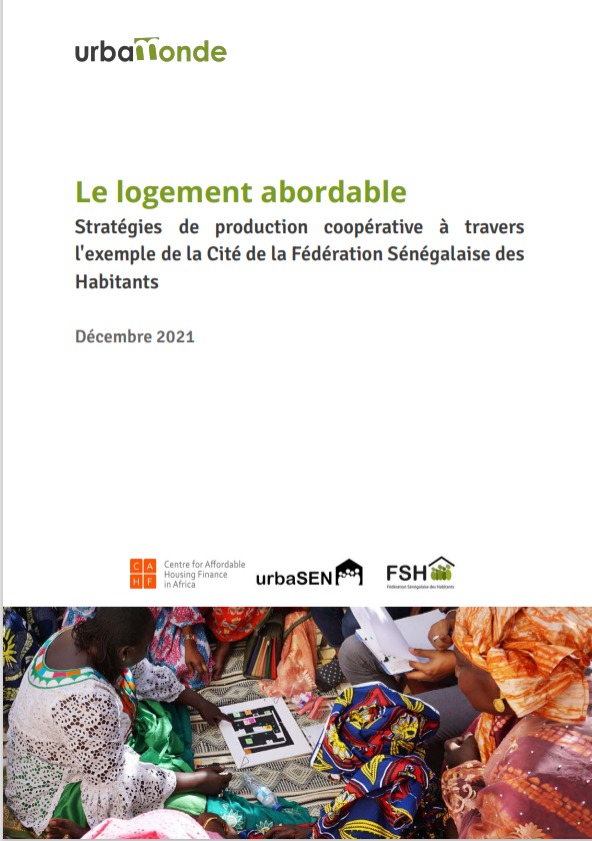Gender, households, and markets: inherited land and labour force participation of rural household in the Cordillera Region, Philippines
Why does viewing a household as a single unit have serious downfalls for gender analysis' The unitary view overlooks the crucial fact that gender relations between family members play a large role in intra-household decisions about decision-making, time allocation, and expenditure. A collective model on the other hand allows household analysis to consider gender relations, with attention to women's and men's respective access to, control over, or ownership of resources.






